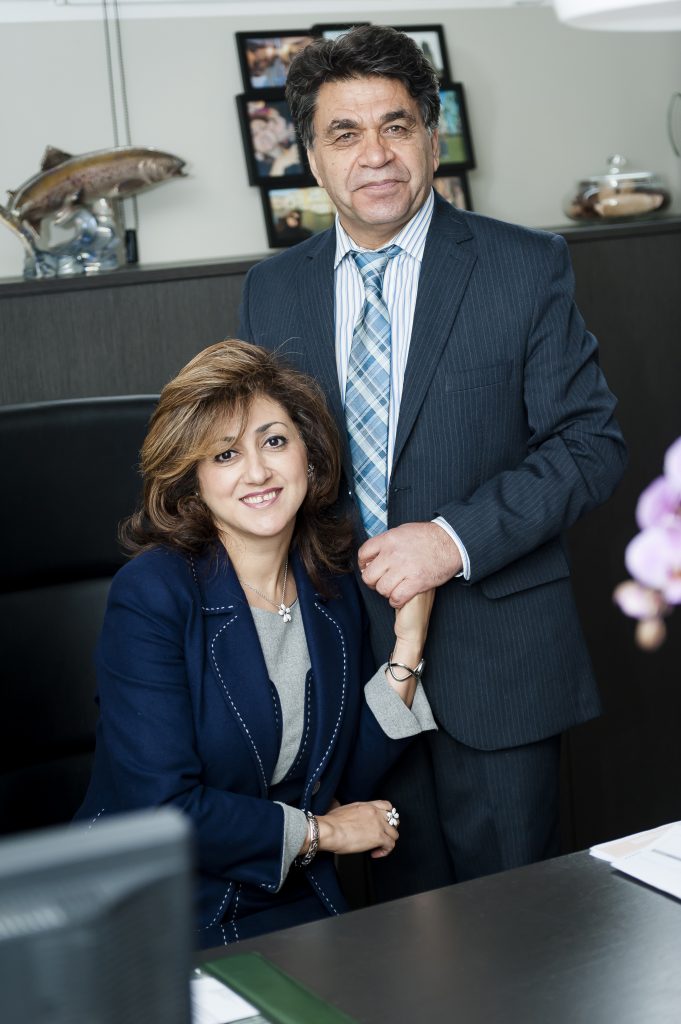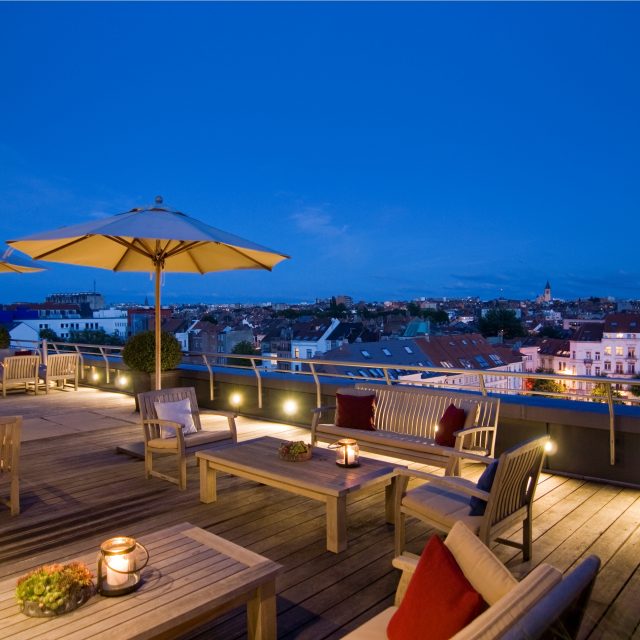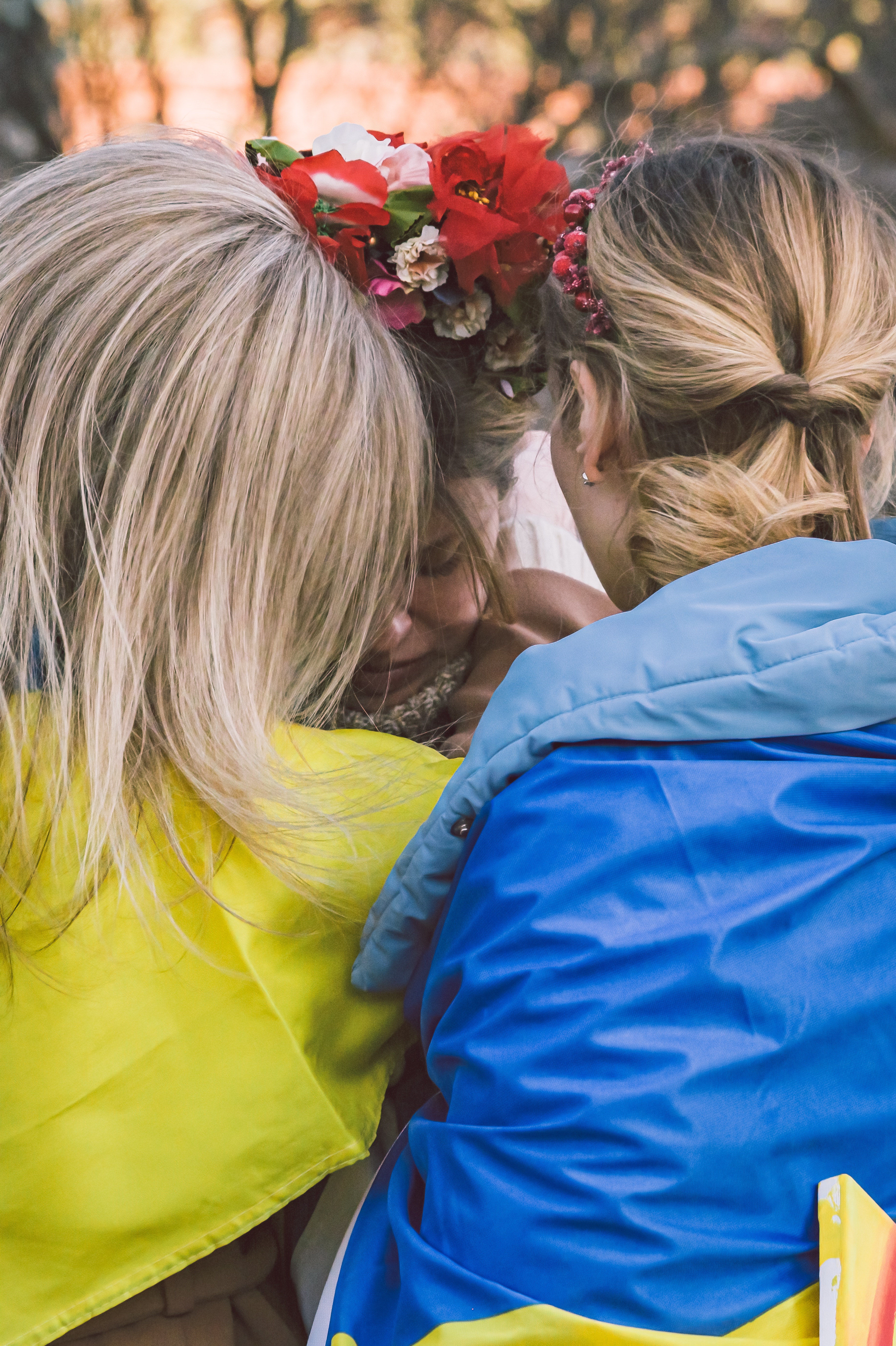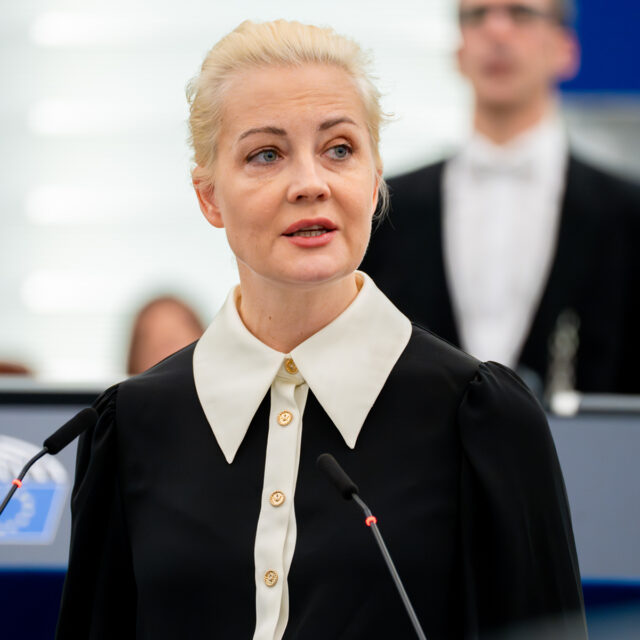Christmas is coming so what better reason to push the boat out and indulge a little?
If you thought oysters and champagne were the height of indulgence there’s one thing that can top both – caviar.
Usually, it’s associated with the jet set and wealthy but, for one Belgian company, the looming festive season is a real boon for their business.
Caspian Tradition, a company based in Waterloo and specialising in caviar, does no less than 40 per cent of its business in the months of November and December.
Think turkeys at Christmas and you get an idea of how important the Yuletide is for Iranian-born Ahmad Razavi and his wife Arya who run the company.

Ahmad said, “Most people like to indulge a little at Christmas and, for some, that means trying some caviar.”
While Belgium is an increasingly important market – not least at Christmas and New Year – the company now exports about 85 per of its caviar all over the world, with the most important markets being France, Germany and Switzerland,
The caviar is farmed and meets the strictest quality standards which should not be surprising as the couple are on hand most of the time to oversee a multi-million-euro operation that employs over 80 people at different sites, 20 of them in Waterloo, with exports to over 70 countries.
The company has grown enormously since 1995: from occupying an area of just 500 sq metres back then it is now spread over 1,500 sq metres and produces some 12 tonnes of top quality caviar annually.
It has cleverly negotiated the 2009 ban by the development of farmed caviar. The quality is just as good but this means that this couple are playing their part in helping to protect and maintain this rarest and most precious of marine products.
Although his father, back in Iran, had some knowledge of caviar, Ahmad got involved in the business purely by accident.
He recalls, “I was at university at the time and was having a discussion about capitalism and communism with another student. He said he needed to get hold of a ton of caviar and asked if I could help. The upshot was that I went to Iran to get some for him.That’s really when my interest first took hold.”
Ahmad, who now lectures at ULB in his spare time on maritime law, actually established the first caviar farm in Iran and now oversees what is one of the world’s biggest exporters of caviar – all from nondescript units on an industrial park.
“We have expanded our markets and now export to all over the world, though Europe is still our biggest market,” he told this website.
The caviar is available at specialist shops but also, he says, at a lot of retail chains. It is also available from the Waterloo factory.
The company is a real business success story and much of the reason for that is sheer hard work: the couple and their staff will be working 7/7 in the coming weeks to meet demand.
In the past, the Caspian was the traditional source of the sturgeon but, nowadays, caviar can come from just about anywhere in the world, including China which is now churning out this delicacy on an industrial scale.
That is one reason why one tip, if you happen to buy caviar this Christmas (or any time) is to look for the country of origin and species on the back of the tin.
If you do splash out on these tiny black pearls one top tip to remember is the “nose test.”
This involves flattening a few of the grains on the back of your hand and then smelling the caviar (the best caviar doesn’t have a smell!). Serve it cold and consume quickly once opened.
Happy tasting!




